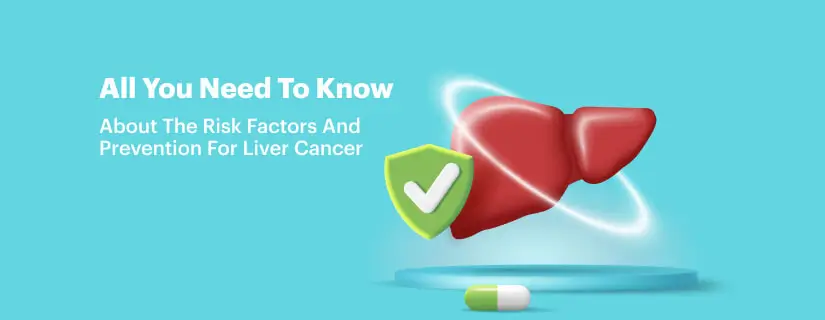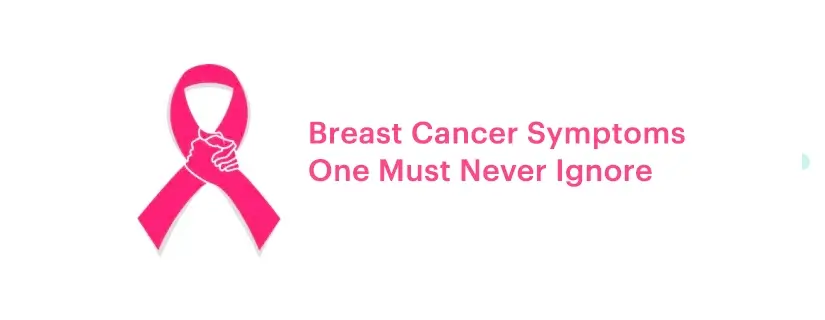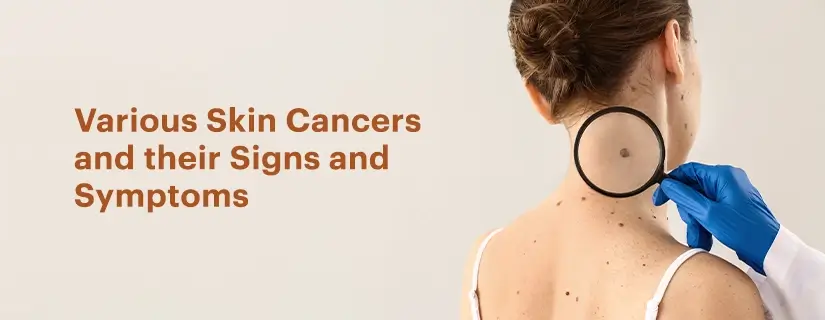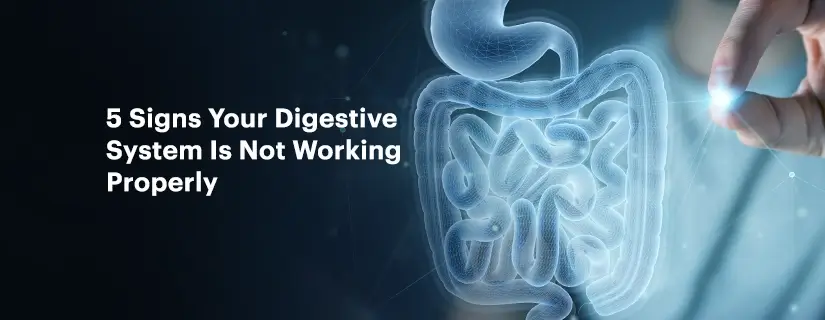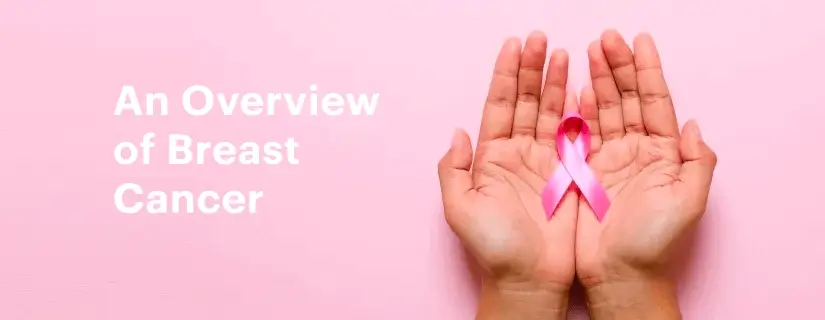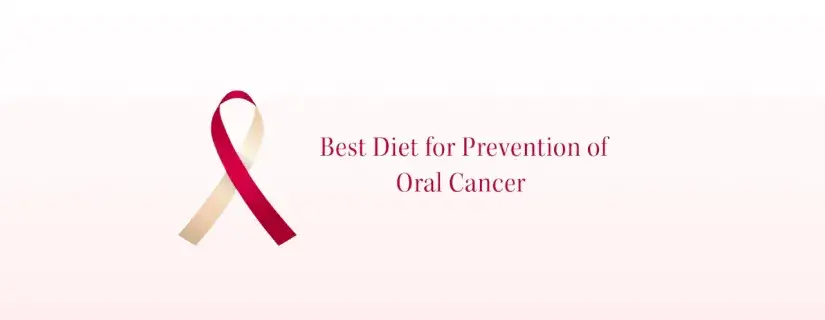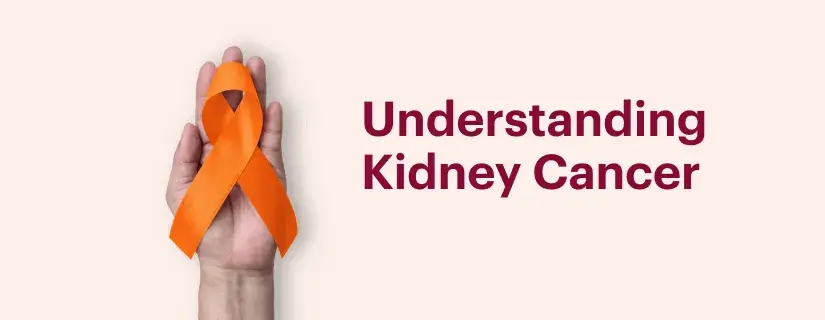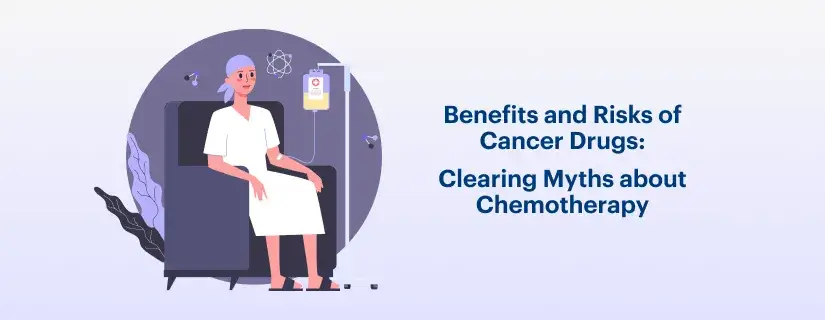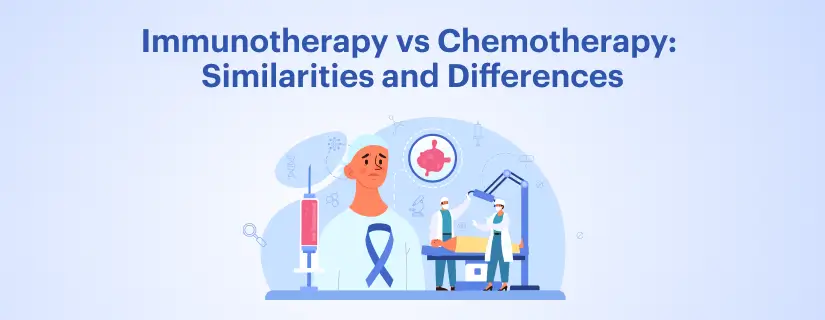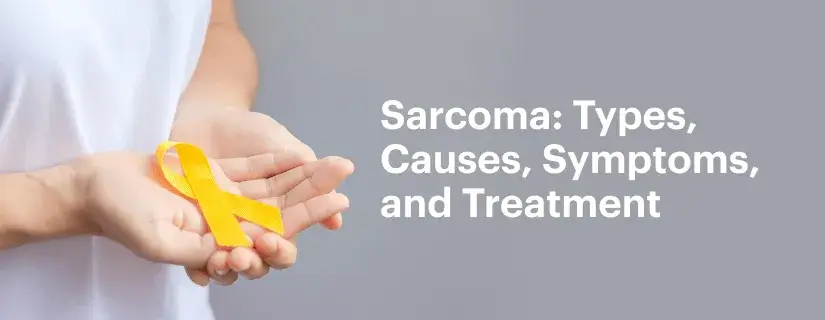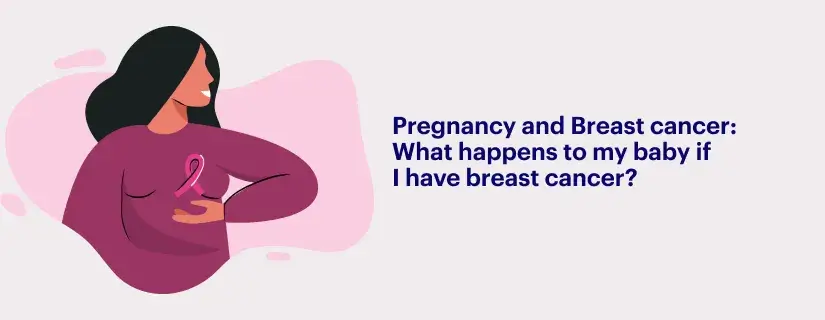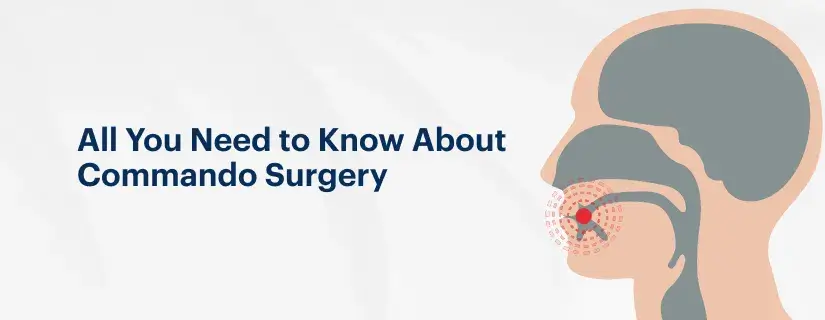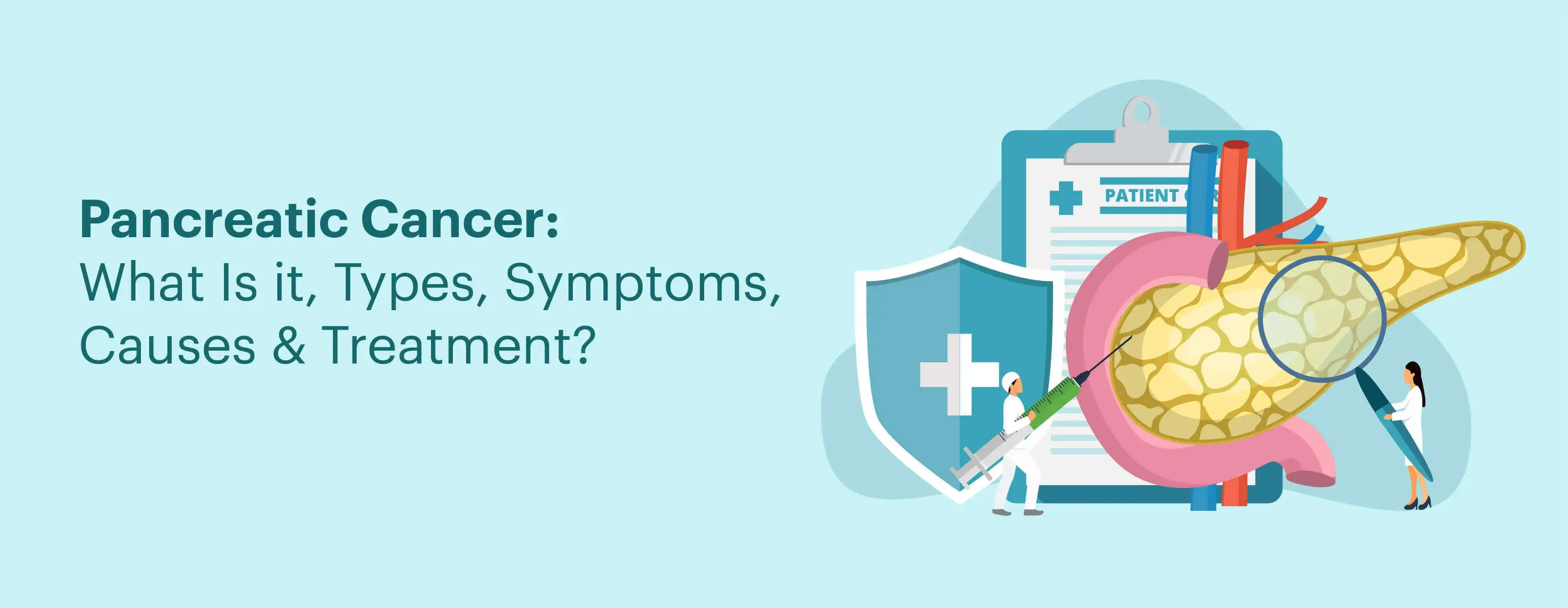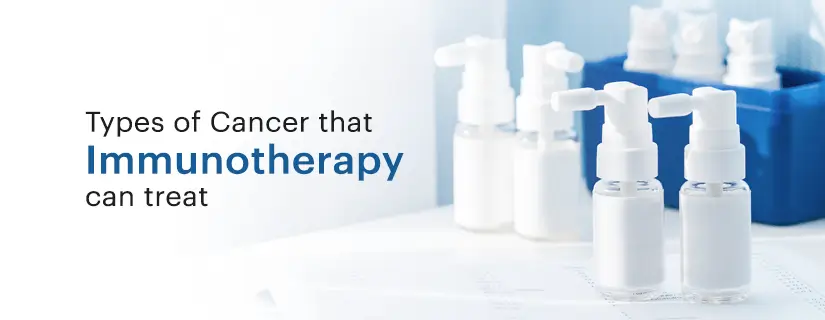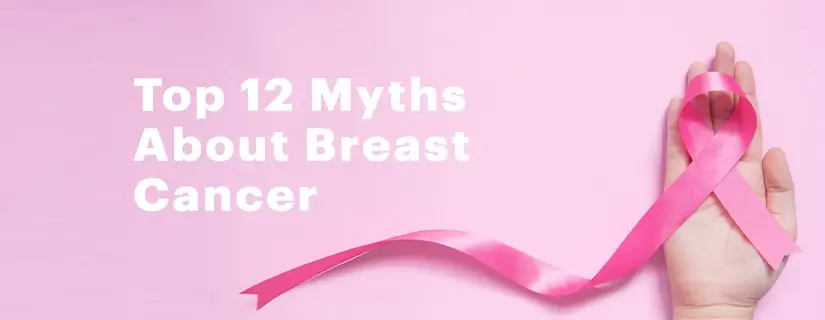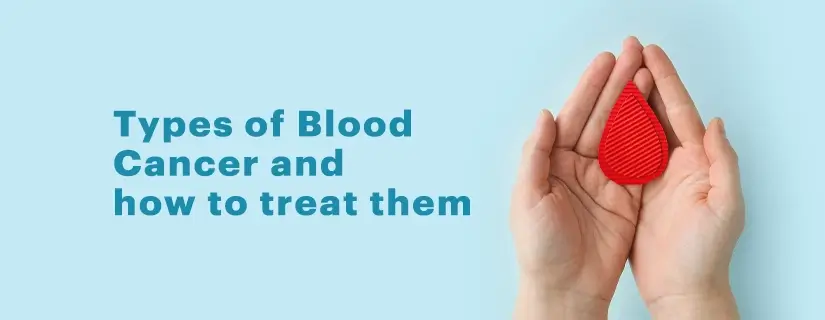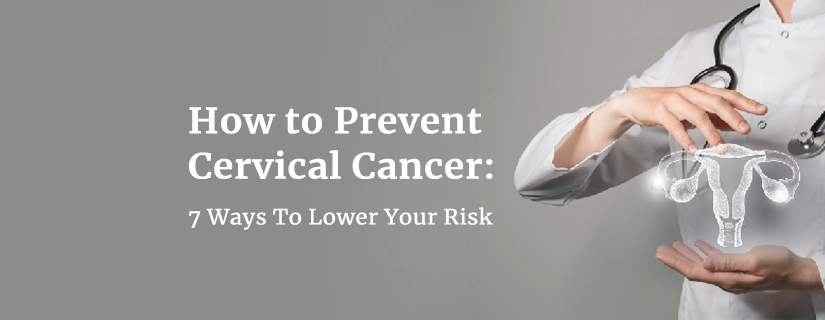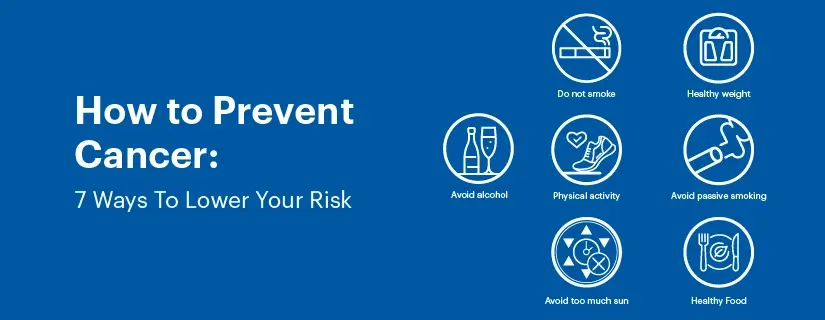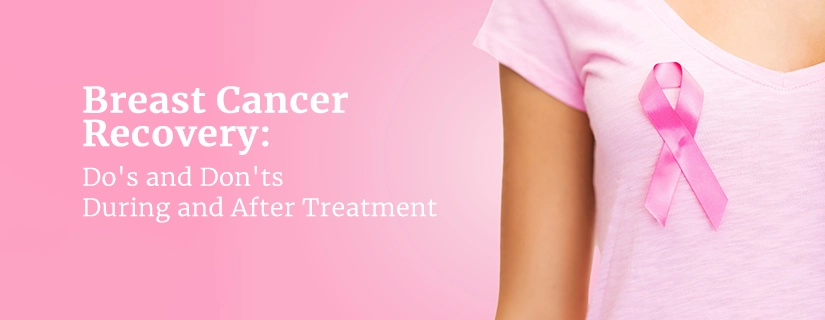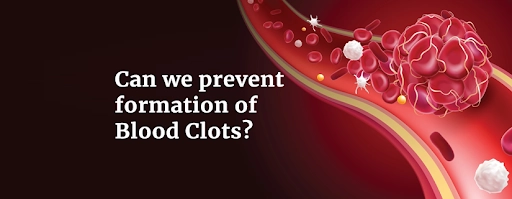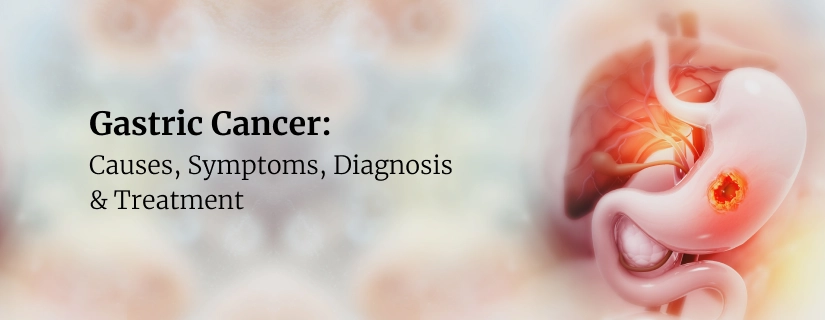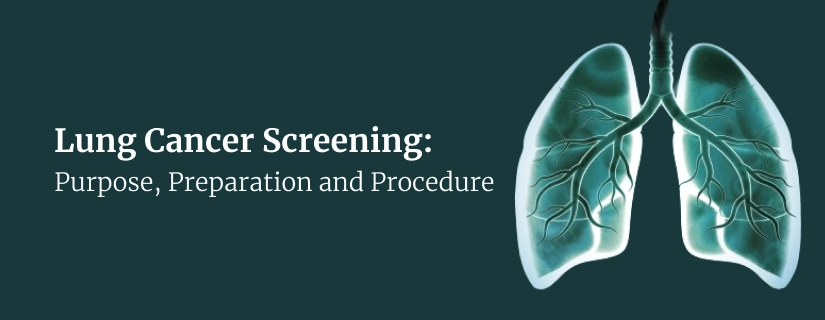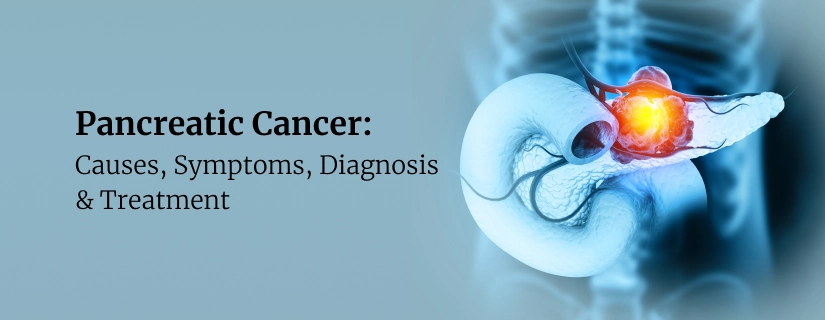-
Doctors
-
Specialities & Treatments
Centre of Excellence
Specialties
Treatments and Procedures
Hospitals & Directions HyderabadCARE Hospitals, Banjara Hills CARE Outpatient Centre, Banjara Hills CARE Hospitals, HITEC City CARE Hospitals, Nampally Gurunanak CARE Hospitals, Musheerabad CARE Hospitals Outpatient Centre, HITEC City CARE Hospitals, Malakpet
HyderabadCARE Hospitals, Banjara Hills CARE Outpatient Centre, Banjara Hills CARE Hospitals, HITEC City CARE Hospitals, Nampally Gurunanak CARE Hospitals, Musheerabad CARE Hospitals Outpatient Centre, HITEC City CARE Hospitals, Malakpet Raipur
Raipur
 Bhubaneswar
Bhubaneswar Visakhapatnam
Visakhapatnam
 Nagpur
Nagpur
 Indore
Indore
 Chh. Sambhajinagar
Chh. SambhajinagarClinics & Medical Centers
Book an AppointmentContact Us
Online Lab Reports
Book an Appointment
Consult Super-Specialist Doctors at CARE Hospitals
9 Tips to Prevent Colorectal Cancer
Updated on 30 September 2022
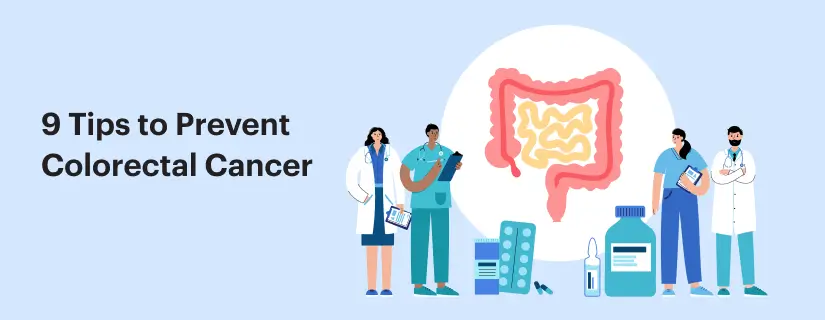
Table of Content
A condition known as Colorectal Cancer (also known as Colon Cancer) occurs when cells in the Colon or Rectum grow out of control. The Colon is considered the large intestine or large gut, and the Anus is the end of the large intestine. The passage present between the Colon & the Anus is known as the Rectum. Polyps, which are tiny, noncancerous (benign) collections of cells that grow on the inside of the Colon, are the most common starting point of this cancer. Over time, some of these polyps may grow into colon cancer. This cancer can develop in anyone at any age, but it often strikes older persons.
9 Tips To Prevent Colorectal Cancer
It is widely recognised that the choices you make regarding your lifestyle have an impact on your risk of developing cancer. So, if you want to effectively prevent colorectal cancer, rest easy, as small lifestyle adjustments can have a big impact. Take into account these preventive tips,
- Eat a Balanced Diet: Overall, diets rich in fruits, vegetables, and whole grains and low in red and processed meats are likely to reduce the risk of Colorectal Cancer. Furthermore, because red meat (beef or lamb) and processed meats are linked to an increased risk of colon cancer, experts recommend consuming less of these.
- Avoid Alcohol Consumption: The more alcohol you consume, the more likely you are to develop a variety of diseases, including colon cancer. Increased alcohol use has been linked to a higher risk of Colorectal Cancer, particularly in men, according to several studies. It's recommended to avoid alcohol consumption.
- Maintain a Healthy Weight: Both men & women who are overweight or obese have an increased chance of developing Colorectal Cancer, but the association appears to be stronger in men. The risk of various cancers, including those of Breast, Prostate and Kidney, may be reduced by maintaining a healthy weight.
- Avoid Using Tobacco: Tobacco use has been associated with a variety of cancers, including lung, mouth, throat, pancreatic, bladder, Colon, and kidney cancer. You put yourself at risk of developing cancer by using any kind of tobacco. An essential component of cancer prevention is avoiding or opting not to use cigarettes. Ask your doctor from the best Cancer Hospital In Hyderabad about methods of quitting if you need assistance quitting cigarettes or other forms of tobacco.
- Engage in Physical Activity: Increasing both the quantity and intensity of your exercise may help lower your risk. Getting engaged in any level of physical activity can benefit in terms of health. Spending less time lying down and sitting down may also reduce your risk.
- Get a Colorectal Cancer Screening: Tests known as screenings check for cancer before symptoms and signs appear. These tests can identify Colon or rectal cancer at an early stage when successful colorectal cancer treatment are more likely. Precancerous Growths (like Polyps) in the Colon/Rectum can also be found and removed using some Colorectal screening tests. Consult the best oncologist in Hyderabad about when you should begin screening and which tests may be appropriate for you.
- Give Genetic Counselling a Thought: The risk of developing Colon Cancer is highest in people who have genetic abnormalities linked to hereditary colon cancer. You should seriously consider including genetic counselling in your colon cancer prevention strategy if you or a member of your family has Familial Adenomatous Polyposis (FAP), Lynch syndrome (also known as hereditary non-polyposis colon cancer or HNPCC), or if you are of Ashkenazi Jewish descent (which raises the risk of inherited mutations).
- Limit Your Radiation Exposure: The United States Nuclear Regulatory Commission states that "any amount of radiation may represent some risk for producing cancer and hereditary effects, and that the risk is larger for higher radiation doses."
- Know the Medical History of Your Family: Did you know that your risk of having colon cancer might be influenced by your family's medical history? Remind your healthcare practitioner if any family members have had Polyps or Colon cancer while talking about colon cancer prevention. It might also be important to consider malignancies of the stomach, liver, and bones.
Habits like eating healthy Food, maintaining an optimum weight, and doing regular exercise may be closely linked to the risk of Colorectal Cancer. Some of these lifestyle patterns may be difficult to change. Making the modifications, however, can reduce the chance of many other types of cancer as well as other significant conditions such as heart disease and diabetes. By following the health-conscious practices outlined above, you can reduce your risk of developing Colorectal Cancer.

ENQUIRY FORM
SELECT CATEGORIES
-
Neurosciences (16)
-
Neurology (37)
-
Neurosurgery (14)
-
Orthopaedics (48)
-
Oncology (33)
-
Obstetrics and gynecology (52)
-
Pulmonology (23)
-
Urology (20)
-
Nephrology (13)
-
Psychiatry (7)
-
Dietetics and Nutrition (111)
-
General Medicine (63)
-
Cardiac Sciences (32)
-
Vascular & Endovascular Surgery and Interventional Radiology (15)
-
Gastroenterology (46)
-
Endocrinology (23)
-
Plastic Surgery (10)
-
Critical Care Medicine (5)
-
COVID-19 (16)
-
Dermatology (16)
-
Emergency Care (1)
-
Ophthalmology (4)
-
Pediatrics (14)
-
Laparoscopic and Bariatric Surgery (8)
-
ENT (15)
-
Kidney Transplant (1)
-
Liver Transplantation and Hepatobiliary Surgery (5)
-
General Surgery (3)
-
Internal Medicine (5)
-
Medicine Information
10 Tips to Prevent Prostate Cancer
Does Second Opinion Matter in Cancer?
YOU MAY ALSO LIKE
RECENT BLOGS
-

Preterm Birth (Premature Birth): Symptoms, Causes, Treatment and Prevention
13 May 2025
Read More
-

Rotablation Angioplasty: Benefits, Treatments, And Recovery Time
9 May 2025
Read More
-

What Is The Difference Between IUI and IVF?
9 May 2025
Read More
-

Venous Malformations: Causes, Symptoms, and Treatment
30 April 2025
Read More
-

Varicose Vein Foam Sclerotherapy: Treatment, Benefits, and Procedure
30 April 2025
Read More
-

Radiofrequency (RF) Ablation Treatment for Varicose Veins: Know More
30 April 2025
Read More
-

Varicose Vein Sclerotherapy: Treatment, Benefits, and Procedure
30 April 2025
Read More
-

Varicose Vein Endovenous Laser Ablation: Procedure, Benefits, Risks
30 April 2025
Read More
Have a Question?
If you cannot find answers to your queries, please fill out the enquiry form or call the number below. We will contact you shortly.





